UK space launch: What next for Space Forge after mission failure?
The first satellite mission launched from the UK ended in failure early in January: so what happens now?
A premature shutdown in the rocket meant the satellites it was carrying could not be released and were lost.
Space Forge, based in Cardiff, had its first satellite onboard the Virgin Orbit launch from Cornwall.
Co-founder Joshua Western said while disappointing, the company will try again this year, with plans to return satellites to Cardigan Bay, Ceredigion.
"It was a real shame that we didn't get to make it to space, but we still got to learn a great deal. We still built and launched the first satellite ever designed and built in Wales," he said.
"We also know that ForgeStar-0 worked perfectly. It passed every test and every validation activity we could throw at it, and it's just a shame that it never got the chance to show it off in space."
Work is already under way on a new satellite - ForgeStar-1 - and it is 12 to 16 weeks away from being built. It is hoped to launch it later this year from Florida.
"It's a much more capable satellite than ForgeStar-0. ForgeStar-1 is about 10 times the size, and it's both a demonstration of our re-entry technology and in-space manufacturing technology," he said.
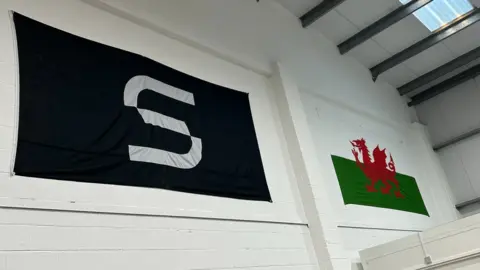
"The objective of ForgeStar-1 is to demonstrate that better semi-conductors - the things that make your computer chips - can be made in a space environment and returned to earth safely."
While looking forward to the future, Mr Western reflected on his company's first launch.
'A real buzz'
"I woke up feeling incredibly nervous and considering the amount of media attention it was going to get, I got a haircut in the morning," he laughed.
He arrived at the launch site at 2pm, and didn't leave until 2am the following day.
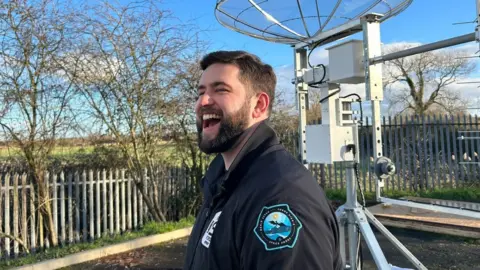
"There was a real buzz, it was the first time I have ever seen the UK get behind a space event," he said.
"The plane took off on time, was done to the Rolling Stones, where one of the lyrics [from Start Me Up] was 'Don't make a grown man cry', and I was bawling my eyes out, really just celebrating how far we'd come."
Half an hour later, however, he and his team received the news that the launch was unsuccessful.
"What was really strange about it was that it's really quite rare for a rocket launch to fail so late into a mission," he said.
 Reuters
Reuters"We were on this rollercoaster of, is it going to launch or not? It launched, and we experienced this incredible high and that plummeted to one of the lowest points since having established Space Forge.
"After we knew the launch had failed, we gathered round with the team, to make sure they were OK. We took a moment to grieve for ForgeStar-0, and then got our heads down for ForgeStar-1."
He described the failed launch attempt as "cash neutral" for the company, as it has been able to recoup most of the costs of the satellite and the launch through insurance.
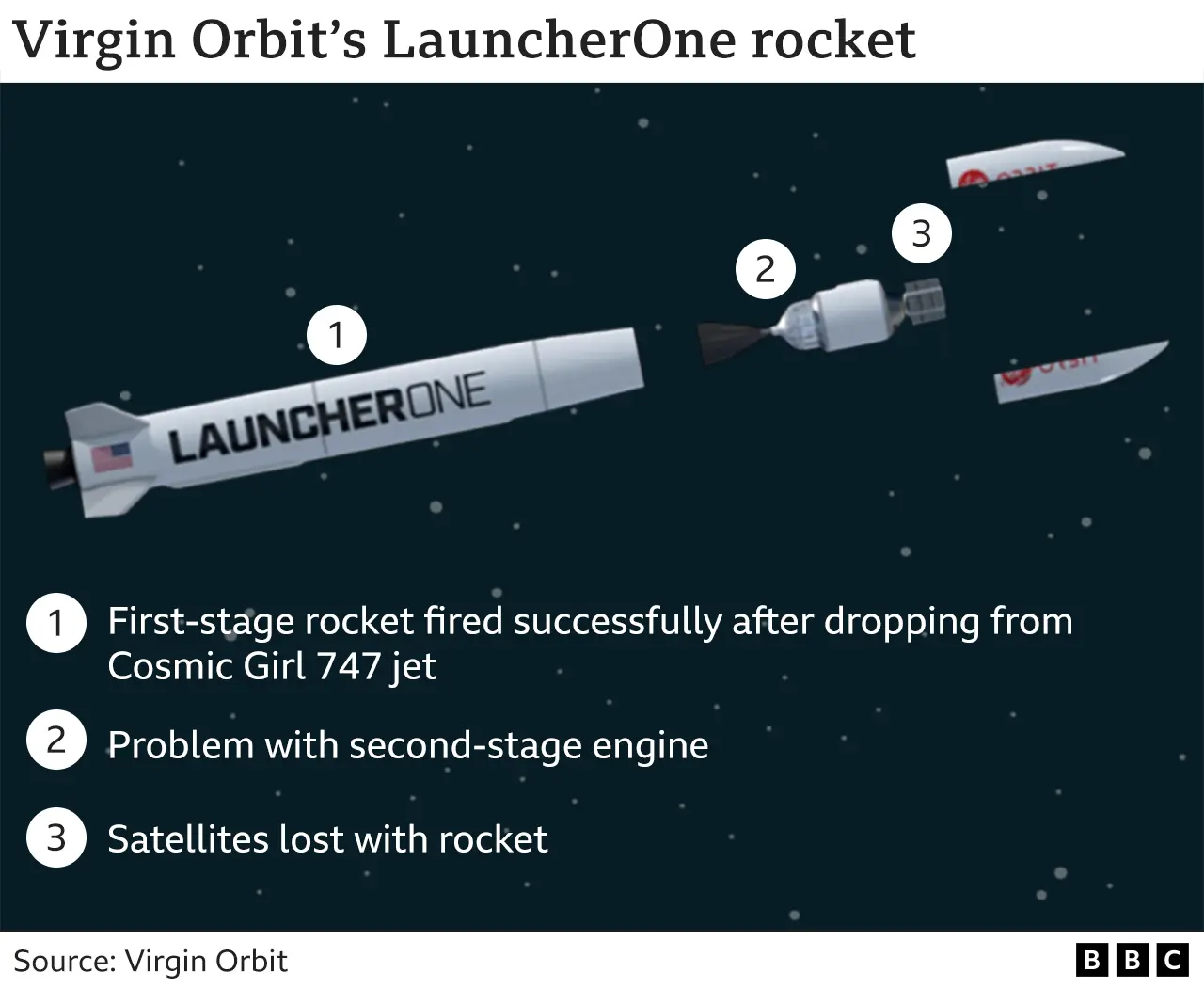
"Literally minutes after the failure had been publicly announced, we received an email from our insurance broker saying that he had started proceedings," said Mr Western.
"But what we have lost is time. It may have only been five months to do the satellite, but there was four years of Space Forge behind doing that activity."
Ana Castro, 30, from Brasília in Brazil, who works at Space Forge, said: "It's in our culture to try these things, fail and learn from them. It's about pushing boundaries, so we're not afraid to test different things.
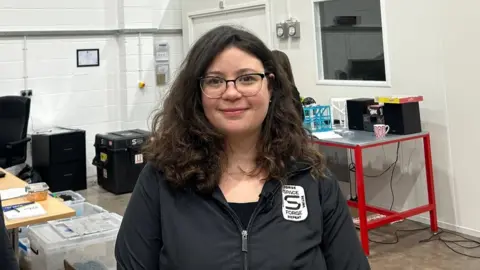
"We all say that the next industrial revolution won't happen on earth, it will happen in space."
Mr Western said he and his co-founder, Andrew Bacon decided to locate Space Forge in Wales due to its "unique geography".
"Wales is one of the very few places in Europe and unique to the UK where you can accurately return a satellite to it.
"In the future, we are looking to return our Forge Star platforms to Cardigan Bay.
"There's no damage to marine life or the environment, it's entirely fuel-free. We then bring those satellites back to HQ here in Cardiff, refurbish it for the first time ever and launch the satellite again."
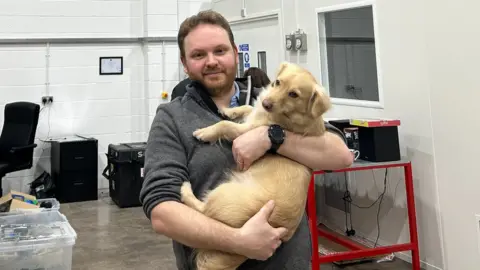
Sustainability has always been a huge part of Space Forge, said Mr Western.
"We've been calculating our CO2 emissions since day one, and I truly mean when we were just two guys in a garage ordering Domino's pizza, we even added the CO2 footprint of that into our calculations for how much we're creating as Space Forge," he said.
"We don't want to engage in any activity unless there is a net positive benefit for us back on the ground.
"At the moment, for every kilogram of CO2 we create as Space Forge, we're targeting preventing up to 80 tonnes of CO2 being emitted on the ground."

- BEST OF 2022: Check out the best shows from BBC Wales
- WALES' HOME OF THE YEAR: Which home will Owain, Mandy and Glen judge worthy?

